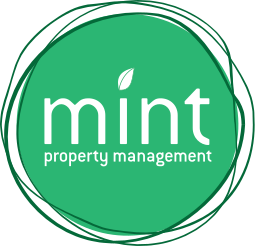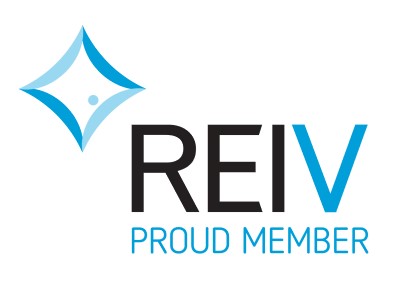Property investing is an excellent vehicle for building long term wealth. But as you embark on the journey it is important to understand and factor in the ongoing costs. In this article, we’re outlining key expenses you need to factor in for each property, as an investor.
Contents and Liability insurance
Also known as Landlord Insurance. This is crucial and will only become more so as tenancy legislation continues to be updated. A good policy should cover renter-related risks, including loss of rental income and damage, both accidental and malicious, to your property.
Note: (September t2020) most insurers are not currently including rent default, but we recommend you discuss the option to add it back into the Policy at a later stage.
Repair and maintenance costs
Throughout the year, there will be little things around your investment property that need to be maintained or repaired, such as fitting doorstops, fixing a door hinge or re-caulking wet areas in the kitchen and bathroom. However, there is always a possibility that you may need to complete larger repairs and maintenance projects that will be more costly, such as replacing a hot water system, air-conditioning units or major appliances such as the oven or dishwasher. This is why it’s a good idea to have some cash set aside for routine repairs and larger maintenance and emergencies.
As a rule of thumb to assist with budgeting we recommend the equivalent of one month’s rent be set aside as a maintenance contingency fund.
Finding new Renters
When sourcing a new Renter, you’ll need to cover expenses such as the mortgage and rates while the property is vacant. Further, the longer your property is vacant, the faster these expenses will add up. You can expect to receive feedback from your property manager to ensure your property priced appropriately for the market and is appealing to quality renters. Once leased, the letting and advertising fees are deducted from the first moths rent.
Our recommendation is to budget for 48 weeks occupancy per year, but this may need to be adjusted for fluctuations in vacancy rates.
Ongoing fees not covered by Renters
As a property owner, you will need to pay ongoing fees such as council rates, water rates and, in certain cases, Land Tax. If you already have or intend to add an apartment to your portfolio, make sure you check the Owners Corporation fees and other potential outgoings such as a maintenance fund. It is also important to be informed of upcoming large repairs and maintenance in common areas of the building, so you can plan for a potential increase in owners corporation fees and/or one-off payments to fund these projects.
While property investment is exciting and helps people build wealth, you will be more effective and profitable in the long run if you mitigate your budgeting risks by being aware of all the expenses you may incur as a property investor. Less surprises certainly make the journey more enjoyable.
Mint Property Management are specialist residential property managers so please feel welcome to contact us with any questions.
This article does not constitute financial or legal advice. You may wish to consult your professional financial and legal advisors before making any decisions.


